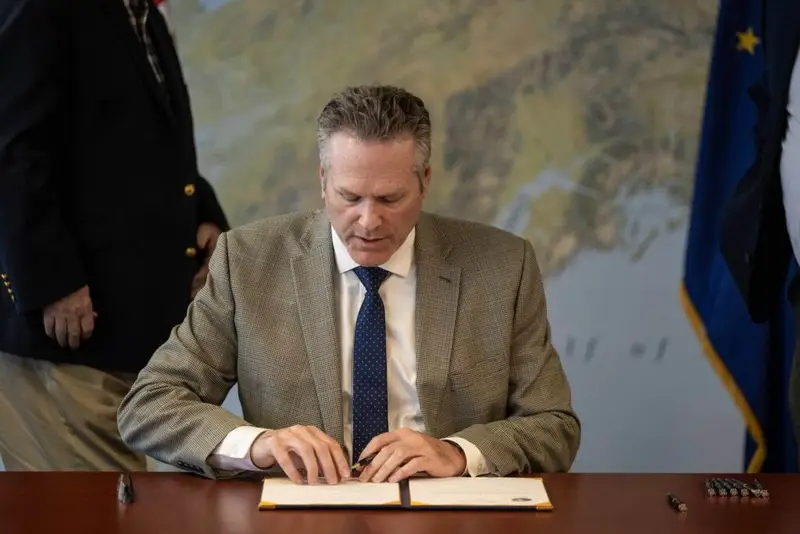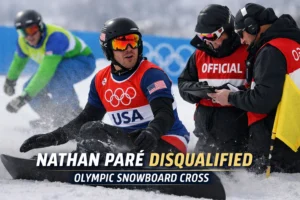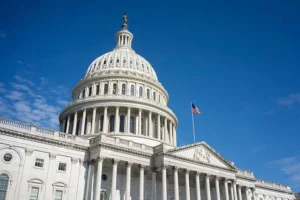Governor Mike Dunleavy criticized the Alaska Legislature today for refusing to advance meaningful education reform despite poor student outcomes. Dunleavy highlighted that Alaska ranks 51st nationally in educational achievement and urged lawmakers to stop delaying action on critical reform measures.
He argued that simply increasing school funding would not resolve fundamental shortcomings within the existing system without border reforms and accountability measures. In a Friday letter, Dunleavy announced he would not extend the ongoing session, which ends at midnight Sunday.
Originally, the governor called the session to advance education proposals and to establish an independent Alaska Department of Agriculture. Lawmakers, however, rejected his ideas earlier this year and refused to reconsider them during the special session, frustrating the governor.
Unofficially, political analysts suggested Dunleavy convened the session to strengthen his chances of maintaining a controversial education veto. Lawmakers, however, surprised him when 59 of 60 members convened and overturned the veto on the session’s first day.
This marked the first time since 1987 that legislators successfully overturned an Alaska governor’s veto, creating political ripples across the state. Following the override, legislators departed Juneau without addressing the education agenda or the agriculture department executive order.
Dunleavy signaled he may call repeated special sessions next year if lawmakers fail to pass significant education reform measures. Senate President Gary Stevens responded that the governor holds that authority, but warned that sessions could disrupt campaigning during the election year.
Observers note that extended sessions might hinder the governor’s allies more than his opponents, particularly during crucial campaign fundraising months. Although Dunleavy considered convening another session to address long-term fiscal planning, his office confirmed that the effort would wait until 2026.











